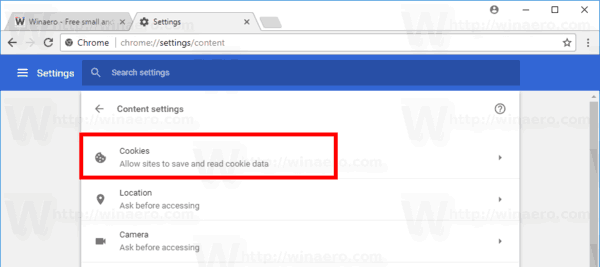Google’s VP of Privacy Sandbox has announced a revised strategy for how Chrome handles third-party cookies. Going forward, Chrome will block third-party cookies by default only in Incognito mode. The company also plans to review its use of Privacy Sandbox technologies and outline a new roadmap in the coming months.
Advertisеment

The move reflects significant changes since the Privacy Sandbox initiative launched in 2019. Privacy protection technologies are advancing rapidly, AI-powered security techniques are now widely adopted, and global regulations governing the industry are evolving.
Last summer, Google backed away from its plan to completely remove third-party cookies from Chrome. Instead, it proposed showing users a dialog box to confirm consent to blocking.
Now, that idea has been abandoned entirely. Third-party cookie blocking will only happen if users enable the feature in their Privacy & Security settings. This means that Chrome will retain the approach of allowing third-party cookies by default, but allowing users to manually enable blocking if they wish.
Third-party cookies are set when accessing domains other than the current page’s domain. For example, when a site embeds code from another domain via an iframe, blocking third-party cookies prevents that code from processing or accessing shared cookies across sites. These cookies are commonly used by advertising networks, social media widgets, and web analytics systems to track user activity across sites. Firefox has been blocking third-party cookies by default since 2019, and Safari followed suit in 2020.
Alternatives by Google
Instead of relying on third-party cookies, Google is promoting several specialized APIs designed to balance privacy with functionality. These include:
- FedCM (Federated Credential Management): Provides unified identity services.
- Private State Tokens: Provides user segregation without cross-site identifiers.
- Topics: Classifies users into interest groups for targeted advertising.
- Protected Audience: Makes audience targeting and research easier.
- Attribution Reporting: Measures the effectiveness of ad campaigns.
Despite years of effort, Google’s push for Privacy Sandbox technology has met with resistance. The online advertising industry has not been ready to give up tracking cookies. Regulators have also expressed concerns that blocking third-party cookies could allow Google to stifle competition and leverage Chrome’s dominance to its ad services.
Critics have argued that proposed alternatives to cookie tracking introduce new risks. For example, some methods could discriminate against users or create additional ways to covertly identify and track users.
The future
In addition to revising its cookie blocking strategy, Google has announced plans to enable IP protection in Incognito mode. The feature will launch in the third quarter of this year. IP protection hides a user’s real IP address by routing traffic through proxy servers. When enabled, websites will only see the proxy server's IP address, similar to using a VPN. To further anonymize requests, Google may route traffic through multiple proxy servers in sequence. In such cases, the first proxy server will know the user's real IP address, and the second proxy server will only see the address of the first proxy server. The details are here.
Support us
Winaero greatly relies on your support. You can help the site keep bringing you interesting and useful content and software by using these options:
